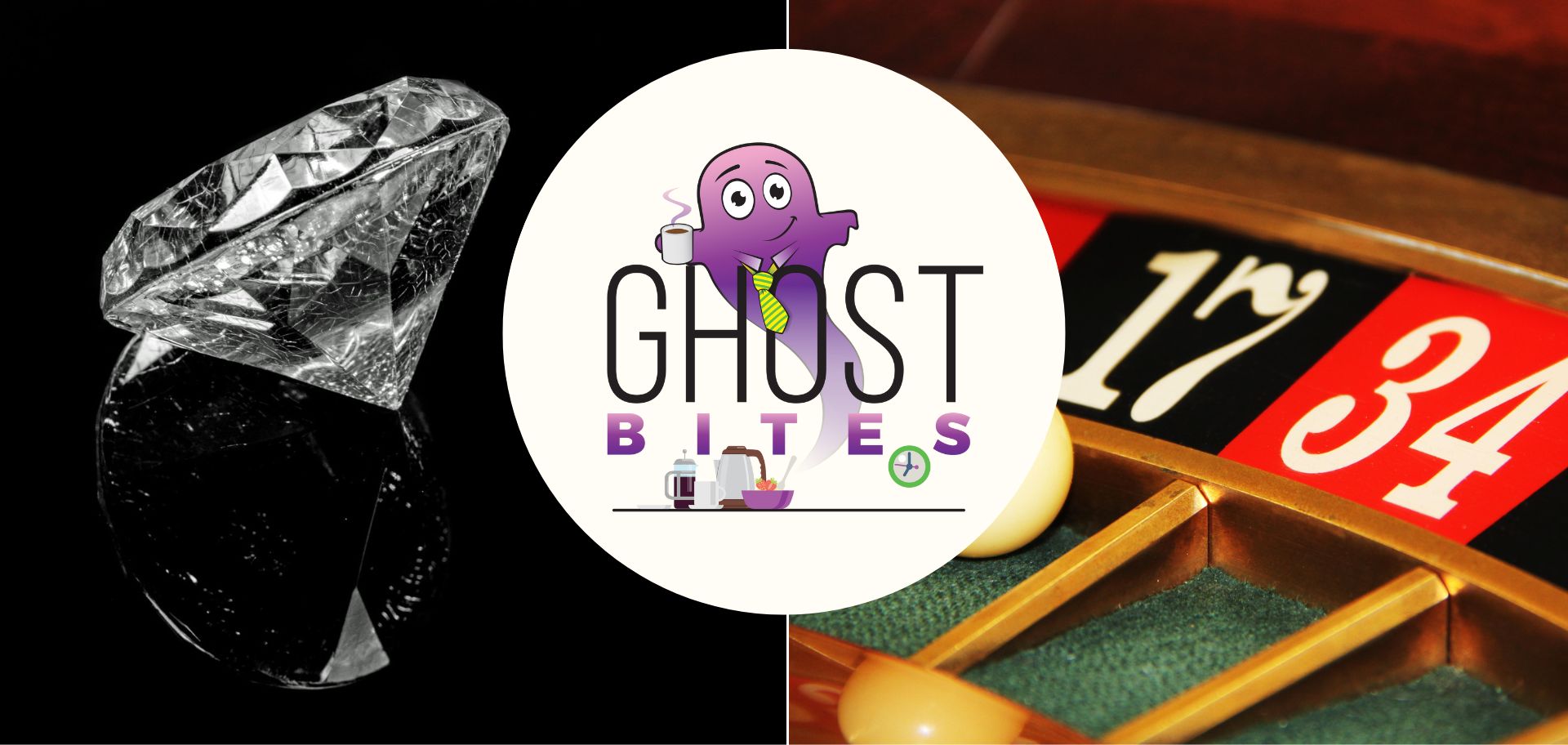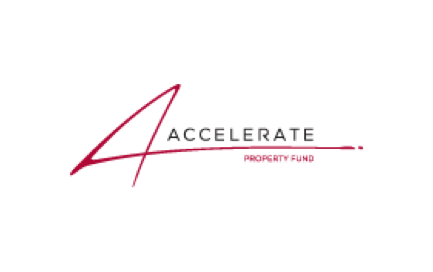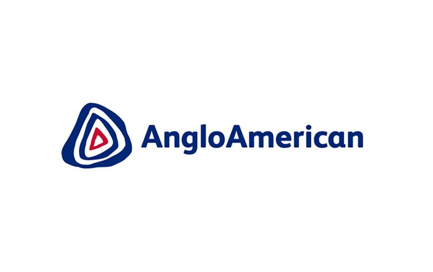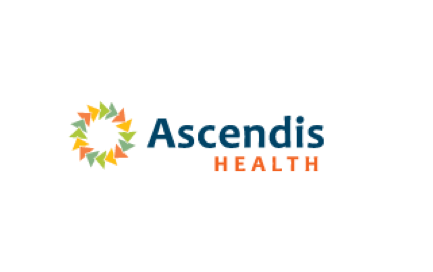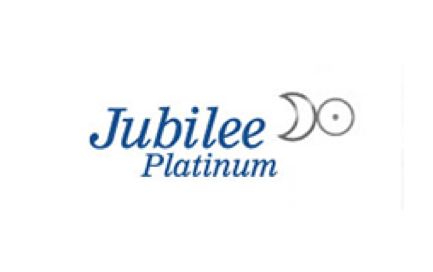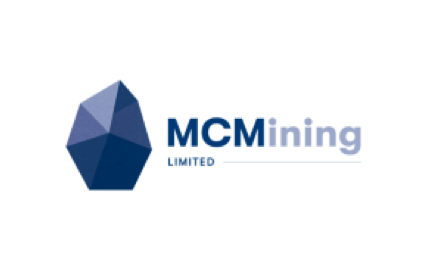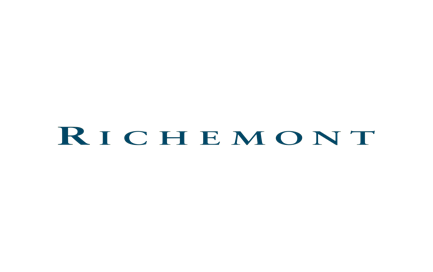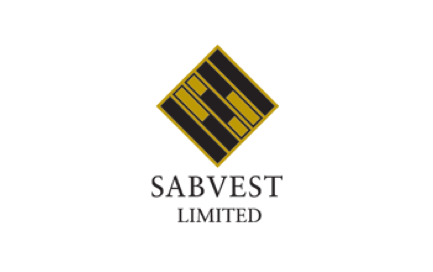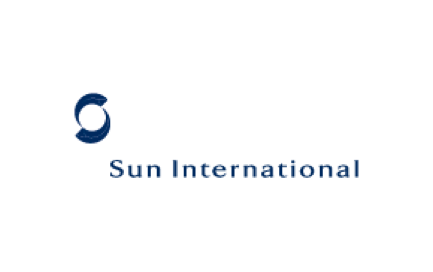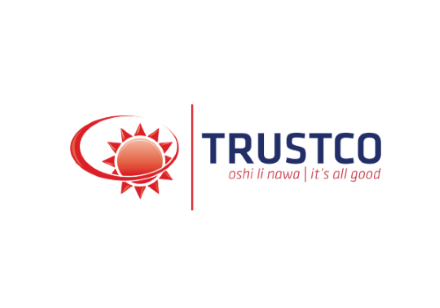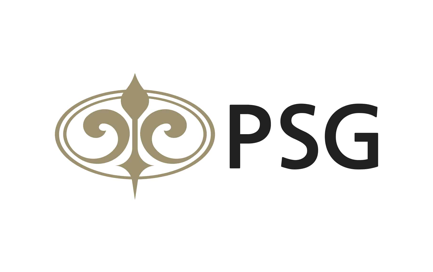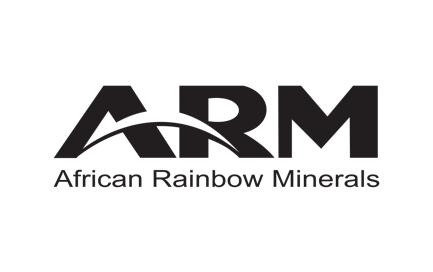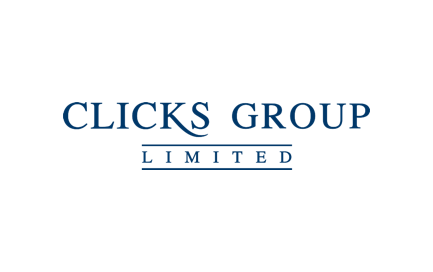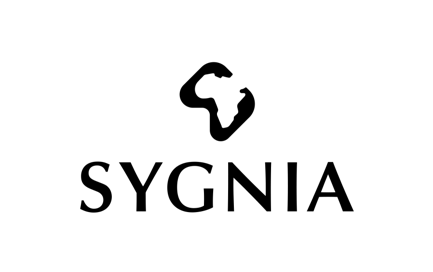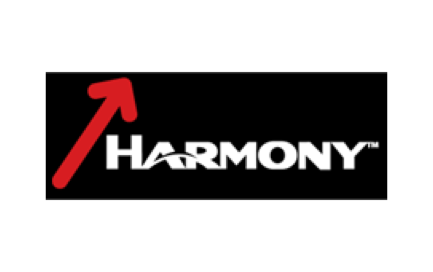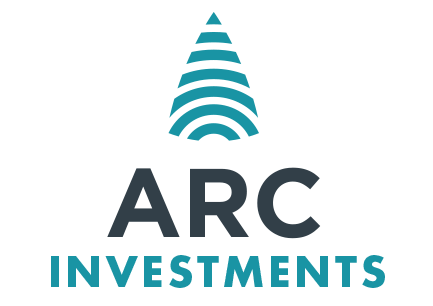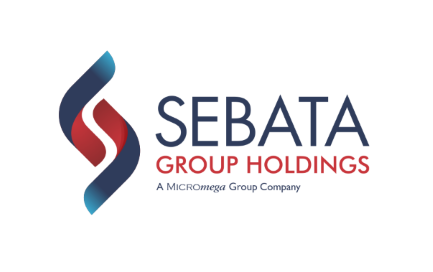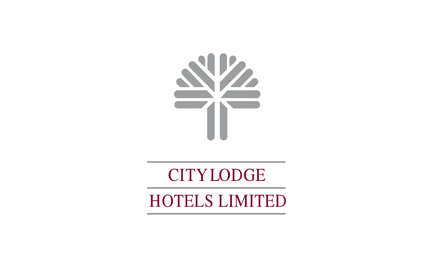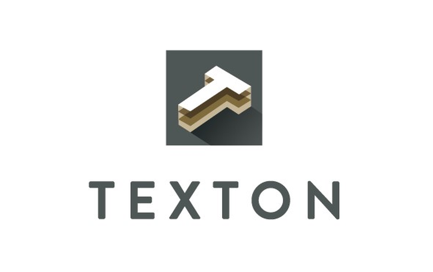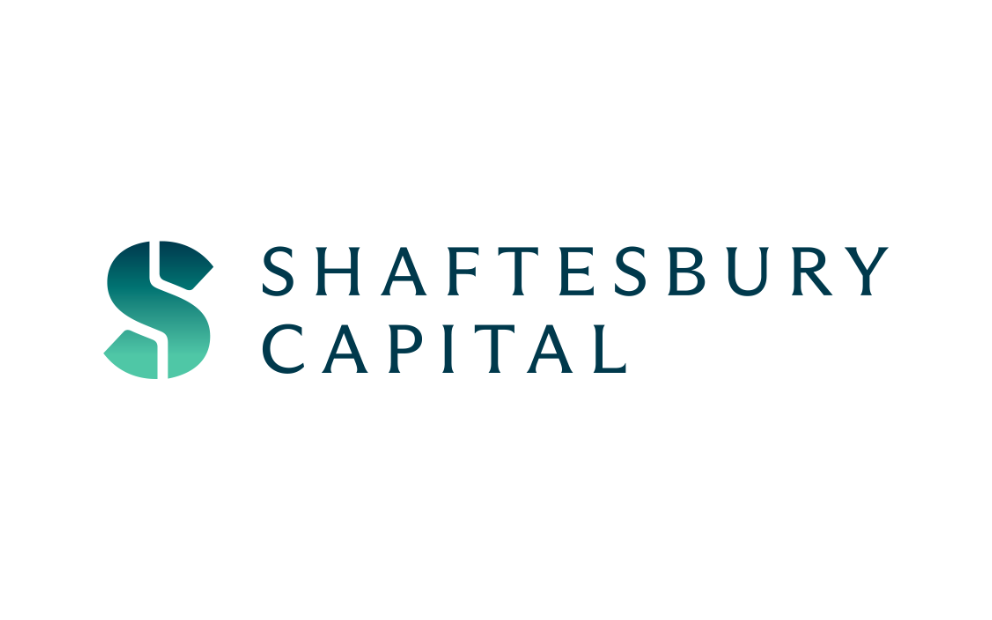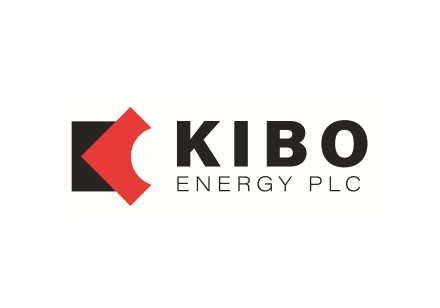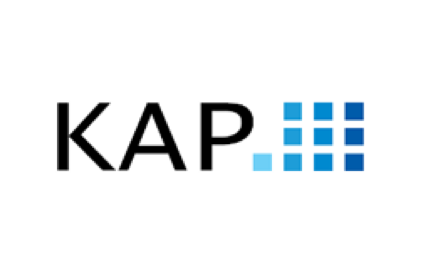Listen to the latest episode of Ghost Wrap here, brought to you by Mazars:
Accelerate Property Fund is starting to take serious strain (JSE: APF)
Did they bite off way more than they can chew with Fourways Mall?
The only good news in the Accelerate Property Fund results for the six months to September 2023 can be found on the revenue line, which moved 5% higher. From then onwards, it’s ugly. So ugly, in fact, that SA REIT Funds from Operations (the key metric) plummeted from R110.7 million to just R26.9 million.
Simply, they have too much debt. The loan-to-value ratio has spiked from 42.1% to 47.7%. The interest cover ratio is down from 1.9x to 1.7x and they’ve had to ask lenders nicely to temporarily relax this covenant while they complete the disposals of certain properties to try and reduce debt.
The Fourways Mall development seems to have been too ambitious, with a vacancy rate of 17% that has been flat in the past six months. To try and fix this, they’ve appointed Flanagan and Gerard to asset manage Fourways Mall and they will be making several other changes. I enjoyed the mention of “dwell time” as an important metric for success: literally, having tenants in place that lead to shoppers increasing their time spent in the mall! A separate circular to shareholders will be issued for the proposed Flanagan and Gerard appointment.
In addition to those challenges, the fund owns a portfolio of B- and C-grade office space, which is where the biggest vacancy problems lie.
These are stressful times for the fund, with a weighted average debt term of just 1.1 years. It will help them tremendously if rates start dropping next year, but hope is never a strategy.
The directors must be taking some heat from major shareholders, as the related party settlement disclosed in the March 2023 results has been amended to have no cash outflow for Accelerate. Full details will be released in due course and I’ll reserve judgement until then.
Unsurprisingly, no dividend has been declared for this period as the fund desperately needs to preserve cash.
A court victory for Anglo American in Zambia (JSE: AGL)
The Kabwe class action has been dismissed
Lead pollution in the town of Kabwe, Zambia, is a very severe problem. Two law firms have been trying to pin it on Anglo American, by leading a class action suit on behalf of Zambian claimants.
This hasn’t worked, as the High Court of South Africa has dismissed the claimants’ application for certification of a class action. According to Anglo American, the court recognised the multiple legal and factual claws in the claim. They even dismissed it with costs, noting that the law firms had taken out insurance for those legal costs (i.e. this won’t hit the pockets of the claimants).
Ascendis Health has released the delisting circular (JSE: ASC)
A significant portion of shareholders will be moving into the delisted space rather than selling
Thanks to a consortium led by Carl Neethling (who also happens to be the CEO of Ascendis these days), there’s an offer on the table for shareholders of 80 cents a share. This has been deliberately structured as an offer rather than a scheme of arrangement, as any shareholder can opt to refuse the offer and hold shares in an unlisted environment instead.
This tells you that management is more interested in operating in an unlisted environment than in taking out all the other shareholders at this price. Acting as Independent Expert, BDO Corporate Finance has opined that the offer is both fair and reasonable to shareholders.
Holders of 54.39% of eligible shares in issue (including Calibre Investment Holdings with 20.78%) have noted that they will vote in favour of the delisting resolution. Those shareholders (along with the consortium members) have also indicated that they will not accept the exit offer.
A holder of a further 11.21% of shares in issue has given written confirmation of an intention to vote in favour of the delisting. This takes total support to around 65.60% for the delisting resolution, which gives it a very good chance of succeeding at the shareholder meeting. They need 75% of those present at the meeting and companies never manage a 100% turnout of shareholders.
If you would like to refer to the circular, you’ll find it here.
Jubilee Metals received strong support for a capital raise (JSE: JBL)
This is exactly how public markets are meant to work
In an accelerated bookbuild structure, a company announces a capital raise and the bookrunners jump on the phone to fill the raise. Jubilee clearly had investors waiting in the wings (they even called this a “very targeted raise”), as the raise was filled almost immediately after it was announced.
You may recall news of an exciting project in Zambia, with International Resources Holding RSC Limited (based in Abu Dhabi) coming in as the major funder. Jubilee Metals is the technical partner on that transaction and has other copper investments in Zambia as well.
To fund the various projects in Zambia, the company wanted to raise £10 million at a price equal to the 30-day VWAP. Due to the volatility in the price, this is a 19% discount to the price on 14 December before the raise was announced.
The sad thing for South Africans is that the bookrunners are based in London. It looks like Jubilee didn’t waste its time by trying to raise on the JSE. That strategy worked out well, as investor demand was such that the raise was increased from £10 million to £13 million.
This is a good reminder that (1) junior mining groups constantly need to raise capital and (2) the market likes what Jubilee is doing in Zambia.
A revised deal on the table for MC Mining (JSE: MCZ)
A consortium led by Senosi Group has filed a revised offer
I must say, the MC Mining SENS announcement doesn’t make it easy for us to find out what is going on here. Perhaps it’s an Aussie thing (as the regulations in that market are very strict around takeovers), but it simply recommends that shareholders “take no action” in relation to the offer. There’s no useful summary of the terms.
This means that I had to go digging in this document to find those terms.
Long story short, there’s a consortium of shareholders that currently hold 64.30% of the shares in issue. Senosi is the big fish in that pond, holding 23.38%. The parties have put forward a number of very good reasons why the company being listed doesn’t make sense, ranging from expected dilution through to cash burn and total lack of liquidity in the stock.
The offer price of A$0.16 per share is a 23.1% premium to the closing price before the first takeover bid by the consortium was announced on 3 November. It’s a 14.3% premium to the closing price on 15 December.
Importantly, if the consortium reaches 75% ownership, they will look to delist the company.
A luxury-grade pain for Richemont (JSE: CFR)
The FARFETCH deal is dead
FARFETCH is set to be acquired by South Korea’s Coupang, which throws the deal with Richemont under the bus completely. Painfully, this means that the $300 million in convertible senior notes issued by FARFETCH to Richemont in November 2020 will probably not be repaid. The carrying value as at 30 November 2023 is EUR218 million (note the currency).
Richemont has no other financial exposure to FARFETCH and none of the underlying Maisons have launched e-concessions on the FARFETCH marketplace. Importantly, YNAP (Richemont’s online business) has not adopted FARFETCH Platform Solutions either.
Perhaps Richemont’s first loss is its best loss here. I remain highly skeptical of the entire concept of online luxury.
Sabvest has announced some portfolio changes (JSE: SBP)
The group holds a wide range of investments
The first change is that the stake in Masimong Group Holdings has reduced from 10% to 9%. The company restructured its capital and got rid of some preference shares as well. The net impact on Sabvest is a receipt of R51 million.
The second change is that Sabvest’s interest in Sunspray Food Ingredients will decrease significantly from 27.67% to 11.1% assuming all conditions precedent are met. This is expected to result in the receipt of R80.9 million in February 2024, with top-up provisions over three years as well.
Finally, Sabcap has acquired an indirect holding in Versofy, one of the largest home and SME solar installation and power solutions groups in South Africa. This is a small effective stake, as Sabvest has a 12.5% interest in a consortium that has bought 30% in Versofy. Sabvest has provided initial guarantees of R15 million and funding of R16.5 million, which may vary as the deal develops.
Sun International acquires Peermont Group (JSE: SUI)
The jewel in the crown is of course Emperors Palace
When a company operates casinos, you surely can’t be surprised when it rolls the dice on a gamble, now can you?
Sun International will fund the acquisition of Peermont entirely through debt, based on an enterprise value of R7.3 billion and an EV/EBITDA multiple of 5.76x. In simple terms, this means they’ve bought all the shares and claims in Peermont for a total value of R7.3 billion on an EBITDA yield of 17.4% (the multiple expressed as a yield instead). That’s an earnings yield above the cost of debt, hence the idea is to use the bank’s money for the deal and repay it as quickly as possible. This is a typical private equity structure, even though Sun International isn’t a private equity fund.
I must caution that EBITDA is before depreciation, which is usually a decent proxy for maintenance capex. These are expensive facilities to keep in decent shape to attract consumers, so using an EBIT yield and testing that against the cost of debt is a better approach. We unfortunately don’t have that information just yet.
Another important point is that R7.3 billion isn’t the amount that will actually change hands here. Included in that amount is Sun International taking on the debt of Peermont. It looks like approximately R3.2 billion will need to be paid to Peermont shareholders for their equity, with that amount being funded by new debt.
This will take Sun International’s gearing level to 2.6x, with a plan to reduce this below 2.0x within 24 to 36 months.
What does this deal bring Sun International? The flagship Emperors Palace resort is obviously a major win (EBITDA margin of 40% which is in line with some of Sun International’s largest resorts), with various other small casinos in the group as well. There will also be some scale benefits in the online sports betting operations, as Peermont also has a business in that space.
If Sun International shareholders shoot the deal down, then a break fee of R75 million will be payable. Sun International has already received support from Value Capital Partners (which holds 26.04% of the shares) and holders of a further 36.50% of shares in issue. This takes total support at this stage to 62.54%, with only 50% needed for the deal to go ahead.
If all goes to plan, Sun International effectively bulks up its local operations and essentially pays for the deal with the profits of the company that it is acquiring. Of course, things can go wrong along the way, which is why deleveraging the balance sheet as quickly as possible will be a priority. Importantly, Sun International is retaining the current dividend policy, so they really are trying to give investors the best of both worlds here.
Note: an earlier version of this piece erroneously noted that 75% approval was needed for this transaction. My apologies for this error.
Trustco releases full details of the drop in NAV (JSE: TTO)
The real estate portfolio dragged NAV lower, as did other factors
Although the opening paragraph of the Trustco announcement talks about the company showcasing its resilience and adaptability, there isn’t much resilience in the net asset value per share dropping sharply from 186 cents to 117 cents.
Part of this is because Trustco is an investment holding company and discount rates moved a lot higher in the past year, leading to a decrease in equity valuations. Another major factor is a 42% drop in property values since the Bank of Namibia imposed loan-to-value restrictions. After a High Court challenge by Trustco, the mandatory deposit amount has been reduced from 50% to 10%.
The highlight is the mining exposure (Meya Mining) which achieved commercial production of diamonds. Trustco holds 19.5% in that asset, way down from the 65% initially acquired in 2016. This discount rate used for the valuation of this business is 28.20%, which gives you a good idea of what sort of returns investors are looking for in frontier markets like Sierra Leone.
Little Bites:
- Director dealings:
- The family trust of a director of PSG Financial Services (JSE: KST) sold shares in the company worth over R15 million. That’s a substantial sale!
- A director of a major subsidiary of African Rainbow Minerals (JSE: ARI) has sold shares worth R1.7 million.
- The CEO of Invicta (JSE: IVT) and Dr Christo Wiese are still at it in terms of buying the same number of shares on the open market. They’ve each acquired shares worth around R86k in the company.
- A director of Clicks (JSE: CLS) has bought shares worth R31k on the market.
- Among various Sygnia (JSE: SYG) directors who exercised options to acquire shares, there were a few who haven’t sold any of those shares. That’s unusual and worth a mention.
- Although this isn’t a director dealing in the purest form, there’s a good reminder on the market of how much money the two founding partners of African Rainbow Capital have made. Shares in African Rainbow Capital Investments (JSE: AIL) worth R125 million have been transferred from African Rainbow Capital (Pty) Ltd to private companies related to each of Dr. Johan van Zyl and Johan van der Merwe. Yes, that’s a total of R250 million.
- Harmony (JSE: HAR) has released the circular related to the proposed top-up to the B-BBEE transactions. You’ll find it here if you want to read it.
- Sebata Holdings (JSE: SEB) has released results for the six months to September. The operating business recorded a 2% decrease in revenue. The headline loss per share has deteriorated from 5.27 cents per share to 9.91 cents per share. The value in this group is derived from a receivable related to the disposal of Sebata Municipal Solutions to Inzalo Capital, with total financial assets coming in at over R300 million. Sebata’s market cap is R230 million. The recoverability of that amount is in doubt and if performance conditions aren’t met, then the business sold to Inzalo will be returned to the group. Of course, Sebata and its shareholders would far rather receive the cash than the shares.
- City Lodge (JSE: CLH) announced the results of its odd-lot offer. The company repurchased 314,698 shares (0.05% of the total issued ordinary share capital) for R1.48 million.
- Texton’s (JSE: TEX) rights offer has become unconditional, which means it will go ahead. Regular readers of Ghost Bites will know that I’ve been very critical of this transaction and the impact it has on minority shareholders. The circular will be released on Thursday, 21 December.
- A further three non-executive directors of Shaftesbury Capital (JSE: SHC) have stepped down from the board as part of right-sizing the board after the merger of Capital & Counties and Shaftesbury.
- Kibo Energy (JSE: KBO) announced that a non-executive director and significant shareholder of Mast Energy Developments (MED) – the subsidiary that is still waiting for its money from its joint venture partner – has given a director loan of £81k to MED. He sold 14,000,000 MED shares for this out of a total holding of 17,708,538 MED shares. The loan bears interest at 7% per annum and (if I understand the somewhat cryptic announcement correctly) is repayable through the issuance of 14,000,000 MED shares, regardless of their value.
- Andrew Mthembu, who has held a number of executive roles in industries like telecoms, has been appointed to the board of KAP (JSE: KAP).

